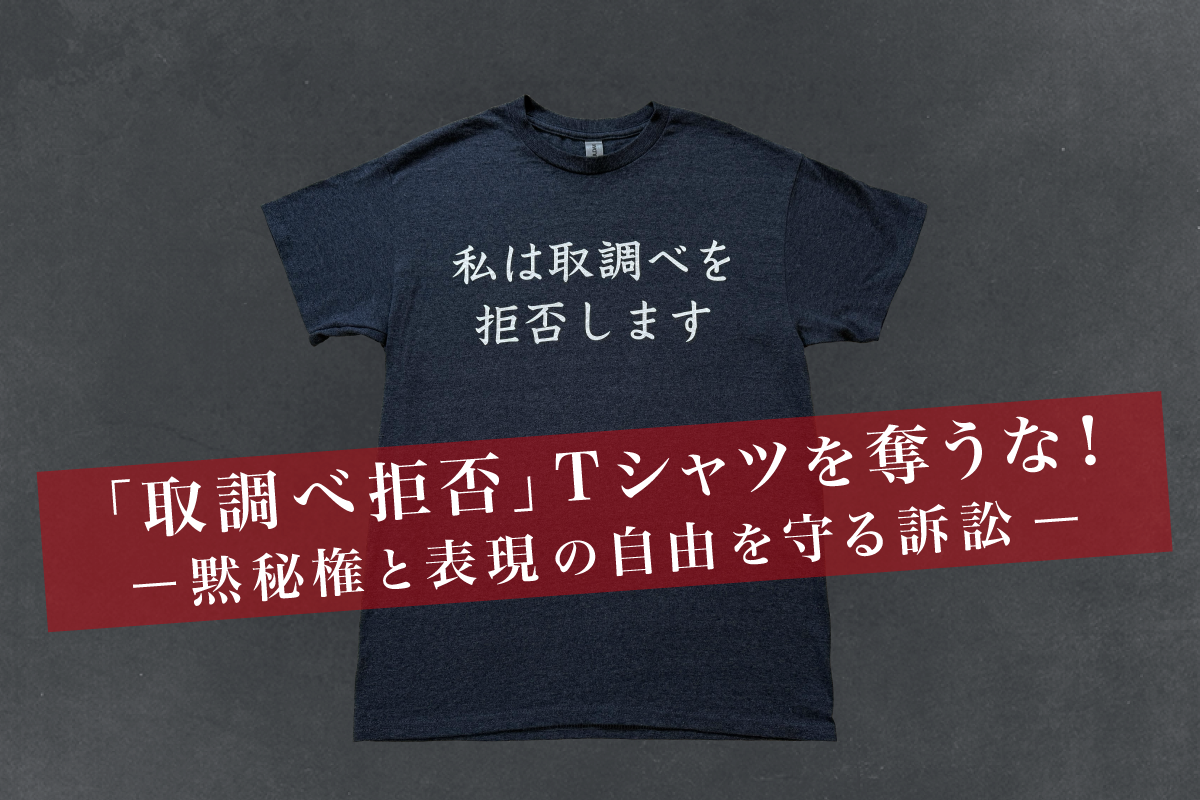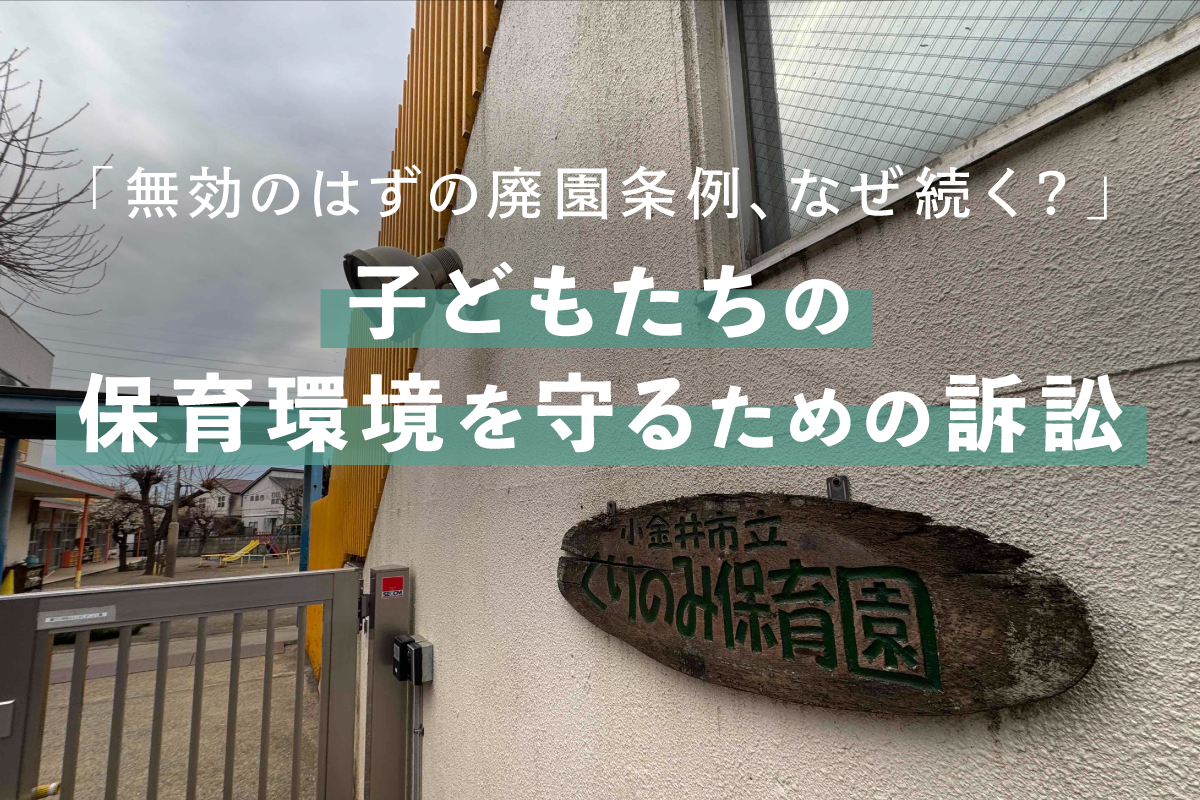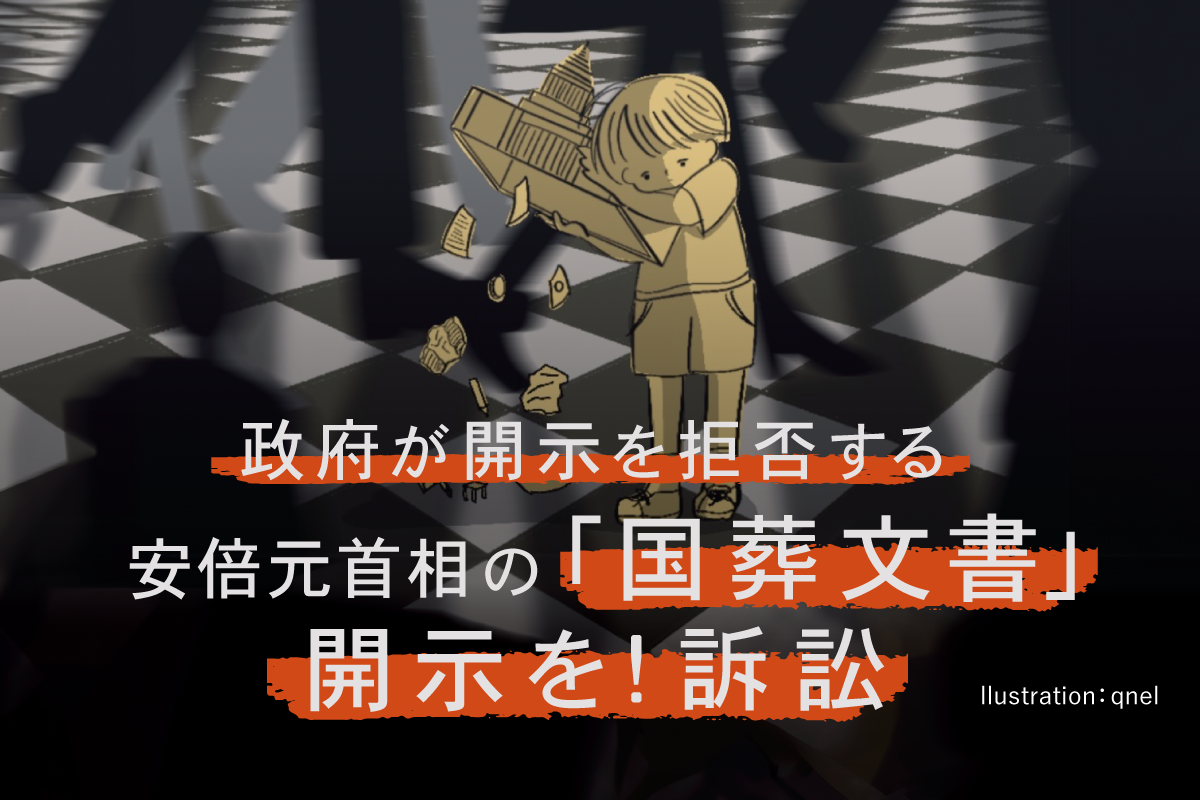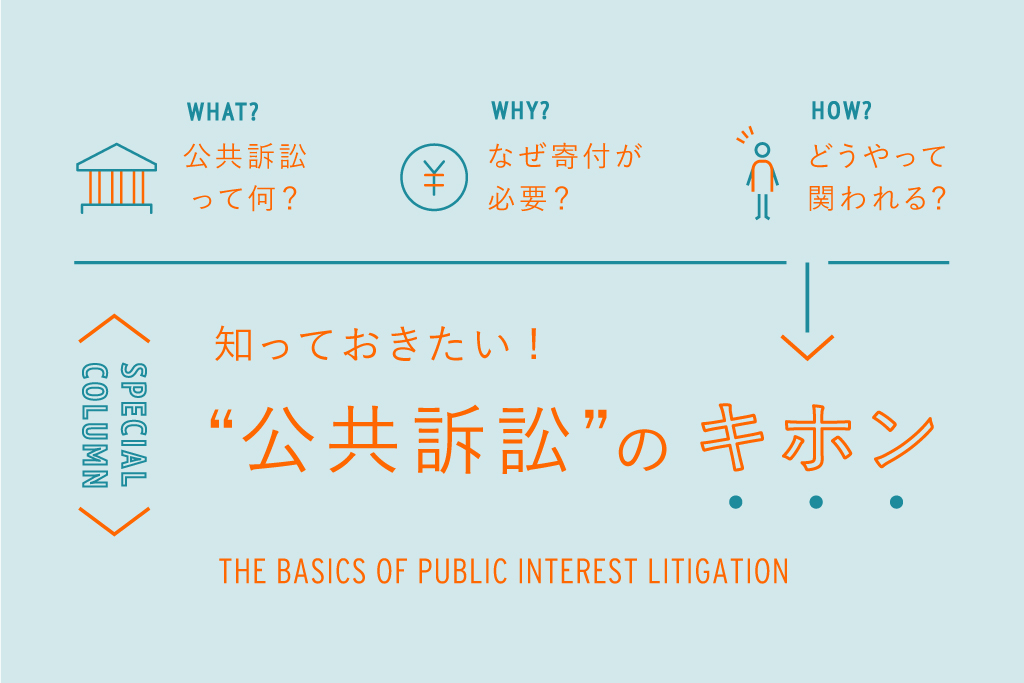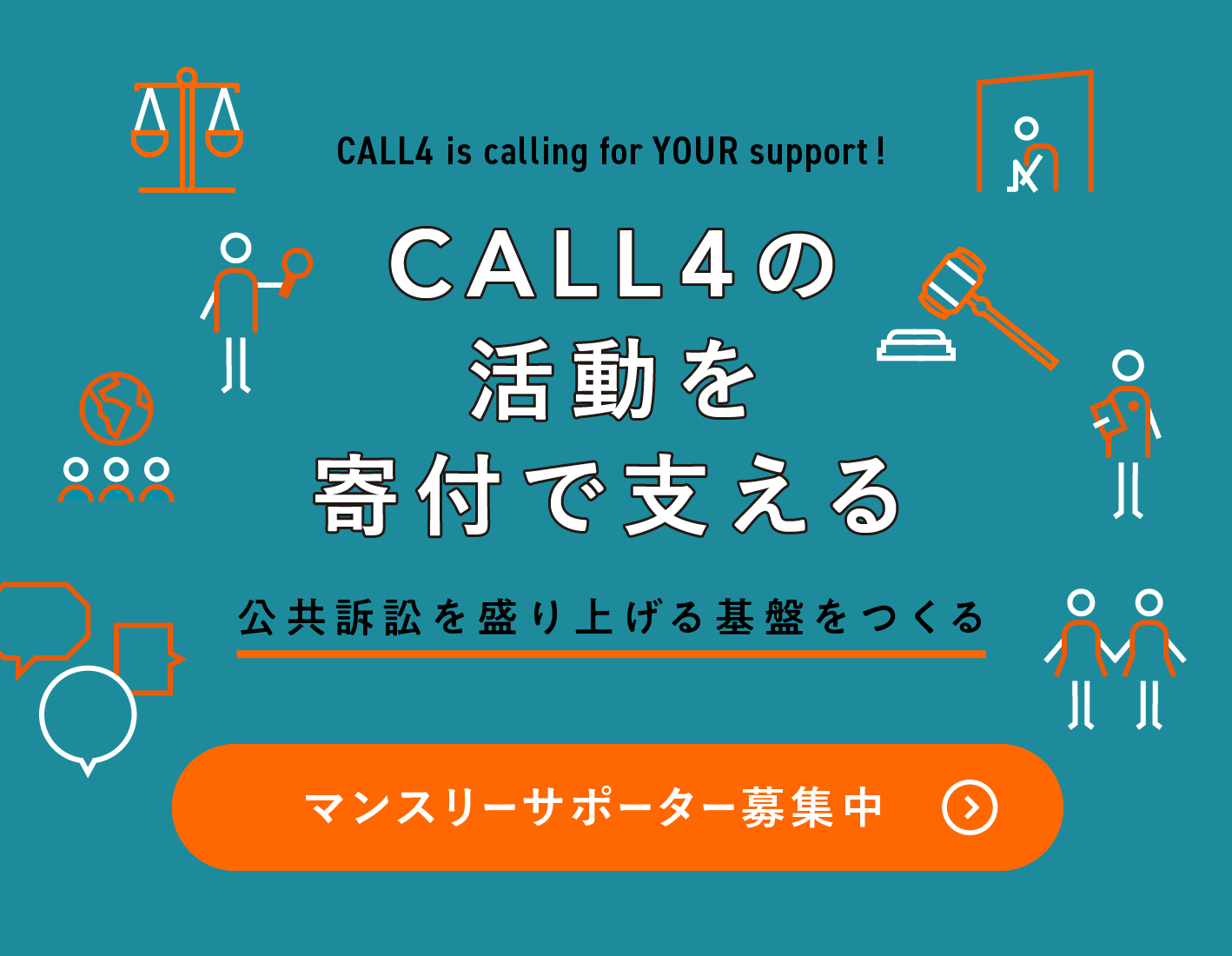行政による民泊事業届出拒否の適法性を問う [Minpaku] Correct the fraudulent notification of the Chuo Ward Public Health Center in Tokyo, which has a huge vested interest.
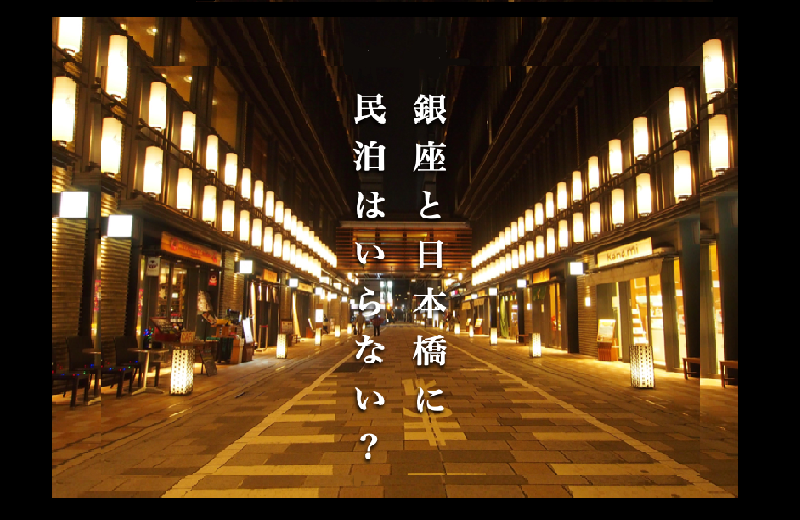
2018年6月15日に施行した住宅宿泊事業法、いわゆる民泊新法。民泊は、届出制であるにも関わらず多くの自治体で、許認可制のように扱われてきました。届出を拒否したり、必要のない書面の提出を強要し届出を放置する等の不当な行為が行われてきました。中でも、東京都中央区の対応は多くの問題をはらむものでした。この訴訟を通して、行政手続における適正の確保を目指しています。 The Private Lodging Business Act, or the so-called new private lodging law, came into force on June 15, 2018. Although private lodging is a notification system, many local governments have treated it as if it were a license system. Unfair practices have been committed, such as refusing to notify, forcing the submission of unnecessary documents, and ignoring notifications. In particular, the response of Tokyo's Chuo Ward was fraught with many problems. Through this lawsuit, we aim to ensure fairness in administrative procedures.
本ケースは、利用規約に定められたケース主催者の義務とされている訴訟進捗の登録や訴訟資料掲載等が行われなかったため、一時的に寄付金募集を停止しております。
行政手続には届出制と、許認可制があります。 この二つは大きく違うものです。届出制が採用されている事業は、基本的にその届出がなされれば事業を行うことが許されており、行政が拒絶することはできないものとされています。 ところが、届出制とされている事業も、行政が認めたくない事業については、まるで許認可制のように取り扱われ、結果として事業をさせないような扱いがなされることがあります。 本件は中央区における民泊事業の届出に対して、そのような不当な対応をしたことについてその問題性を問う訴訟です。
■届出制と許認可制
届出の種類には婚姻届や転居届などがあります。
許認可の種類には、飲食店の営業許可申請などがあります。
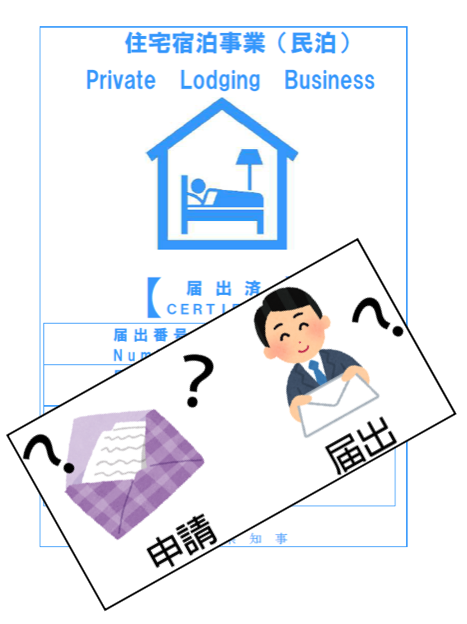
どちらも行政手続法で定められた手続きですが、届出制と許認可制にはとても大きな違いがあります。
届出は、行政庁に対して一定の事項を通知する事実行為であって、原則として届出書を提出したらそれで終わり、
役所は受け取りを拒否することはできません。
届出制とされている婚姻届や転居届を提出した場合に、例えば「親の許可を取るように」とか「前科のある方の転居は認めません」と拒否することは許されていません。これらは届出制であって、行政が許認可をするものとはされていないからです。
一方で、許認可申請は申請をした者に対して行政庁が応諾の応答をしなければならない義務を負うものです。申請をした者はその応答があって初めてその権利を得ます。
みなさんは、「届出を受理する」という言葉を聞いたことがあるかもしれませんが、本来届出には「受理」という概念すらありません。原則として届出ることのみによって効果が生じるべきものを行政庁は便宜上の「受理」という言葉を使っています。
そのため、あたかも行政庁が届出を受け取ってあげるものと勘違いしている方もおられるかもしれません。
こうした届出の認識を改めさせて行政の不正を正すことが訴訟の目的です。
■住宅宿泊事業届出
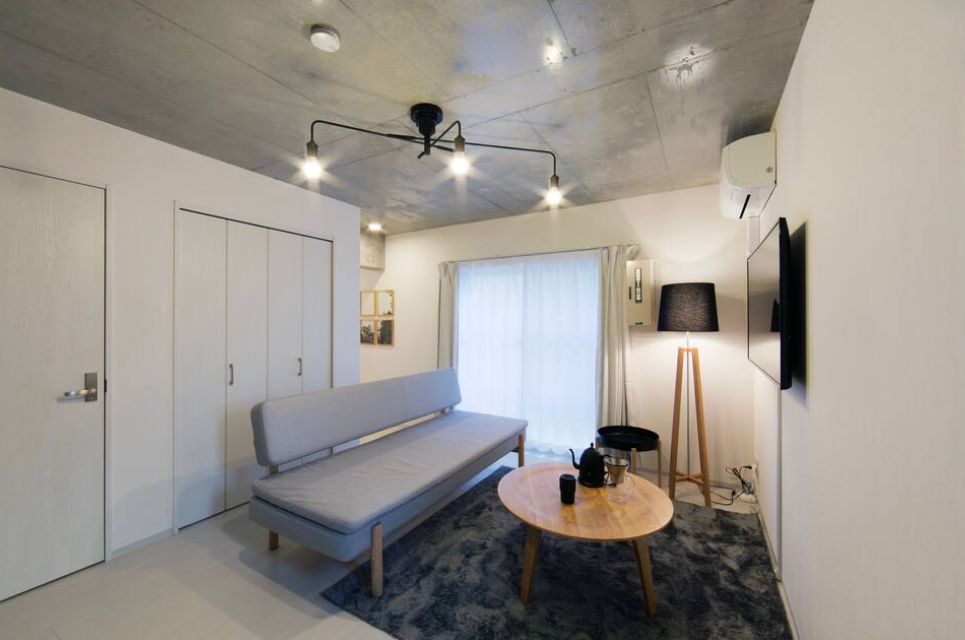
私のケースは、この住宅宿泊事業届出に関して起きました。
約3年前の2018年6月15日に住宅宿泊事業法、いわゆる民泊新法が施行されたのを覚えていますか。
この民泊新法の施行に伴い全国各地の多くの民泊オーナーが、住宅宿泊事業届出をしました。
ところが民泊の実施に消極的な自治体の中には、届出制をまるで許可制のように取扱うことで、事業の実施を妨害するかのような対応をするところがありました。例えば届け出る際に提出が義務づけられていない書面を求めたり、放置して受理しないといった取扱いをするといったことがなされたのです。 私が届出を行った自治体の中でも、東京都中央区はそのような姿勢が顕著でした。 中央区以外の自治体は、結果として届出を届出として扱うようになりました。
しかし、この中央区だけは一貫して届出に応じようとしませんでした。
区がどれほど届出制を蔑ろにして国民の権利を侵害してきたか、その不正を明らかにすることとこの届出制を守るために、私は2018年10月に中央区に対して国家賠償請求訴訟(行政訴訟)を提起しました。
その目的は、中央区がどれほど届出制を蔑ろにして国民の権利を侵害してきたかその不正を明らかにすることとこの届出制を守ることにあります。
■2年半以上、継続中の行政訴訟
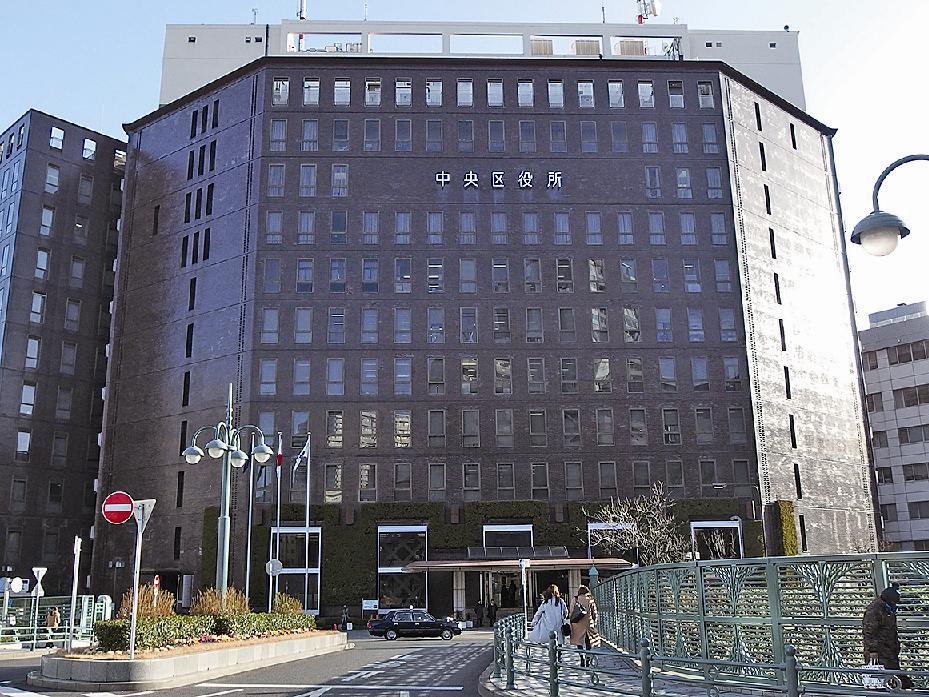
(中央区役所 東京)
最初私は、弁護士の力を借りずに自分で書面等を提出する「本人訴訟」で裁判を行いましたが、第一審は残念ながら請求棄却となりました。 しかし、弁護士に依頼して控訴したところ、東京高等裁判所は、すぐに一審の判断を維持する判決をするのではなく、当事者双方に次のような質問書を提出し、慎重な審理を進めています。
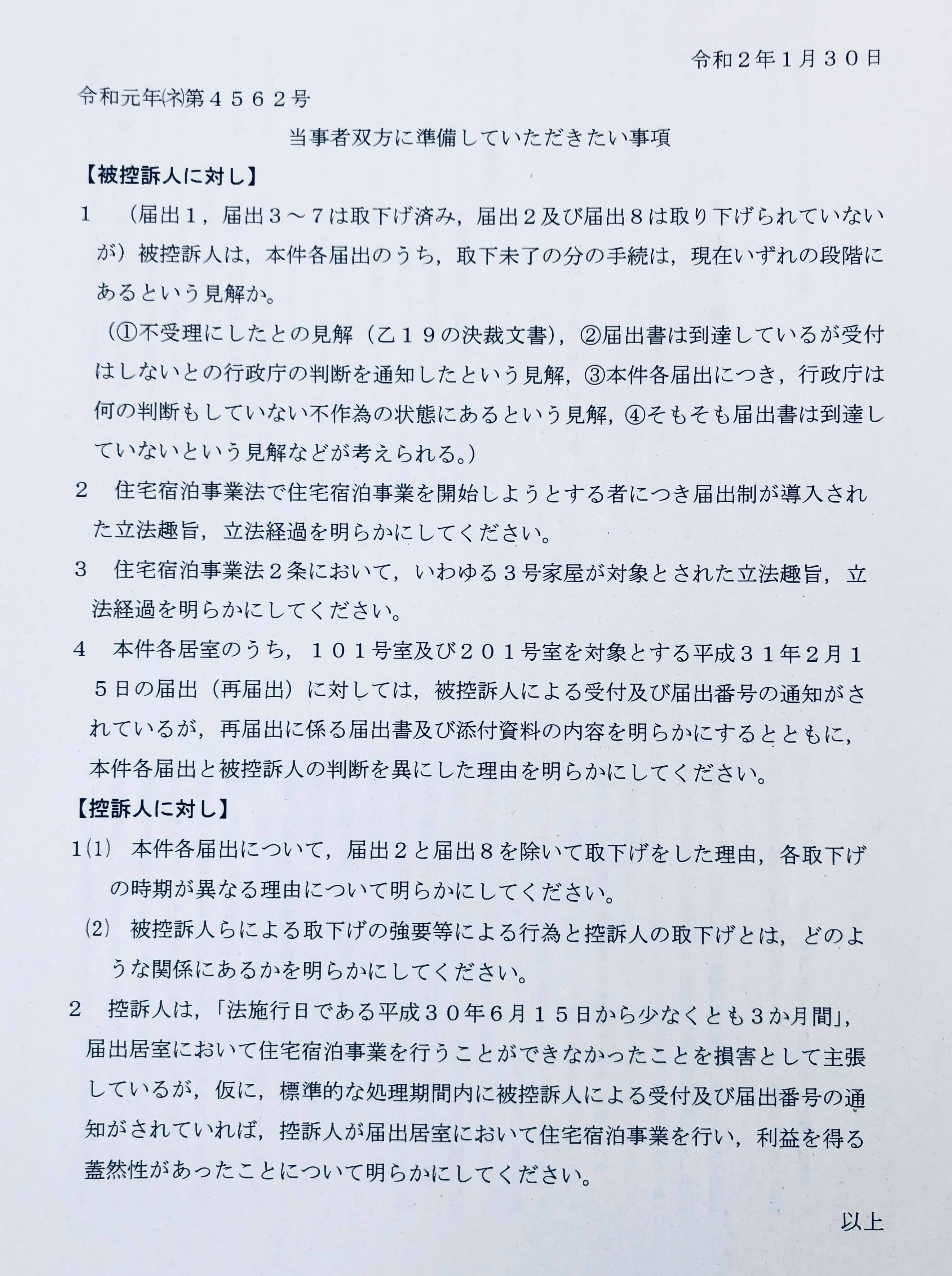
■中央区が民泊を排除する理由
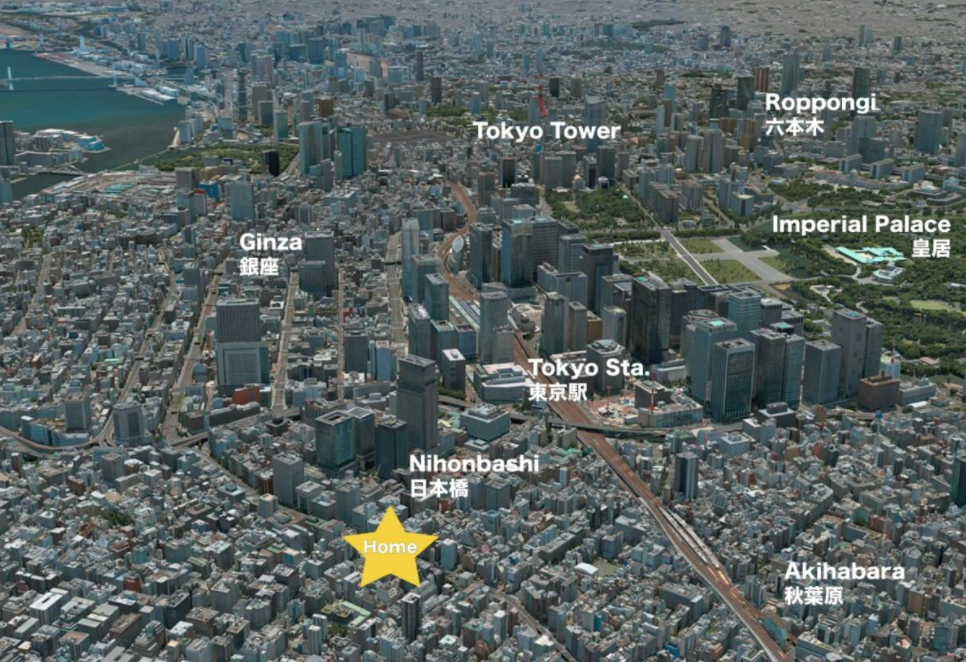
2018年当時は、2020年に東京オリンピックを控えていました。
東京駅周辺の日本有数の銀座と日本橋エリアを擁し超高級ホテルや多数の宿泊施設が多数建設されており、区長だけでなく議会までも民泊に反対だった自治体です。
中央区のブランドに民泊などふさわしくないと思っているのです。
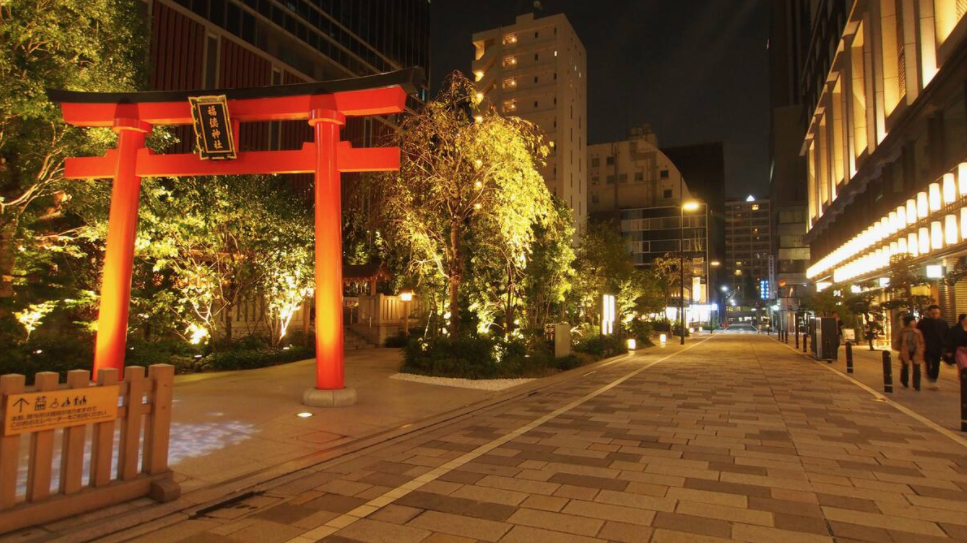
その証拠に、中央区の届出受理件数は0件で全国で(人口比率で)圧倒的に最低件数です。
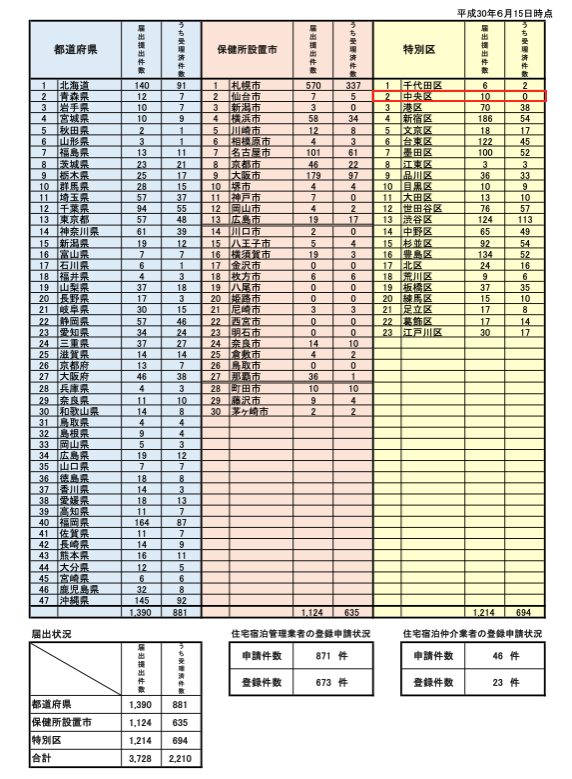
■中央区が届出に対してどのような手段を取ったのかその一端の紹介
- 手続きの遅延行為、一つの返事に1週間以上かける
→時間稼ぎをして、届出を放置する手法 - 届出の法令にない要件や条件をつけて受け付けない
→気の弱い届出者だとここで挫け諦める - 届出なのに許認可申請のように扱い誤った指導をする
→届出は通知するという事実行為であるのに、難易度を上げる - 誤った助言をまるで適法な理由・行為であるかのように行う
→行政手続きにおいて、職員の虚偽の指導に抵抗する事は難しい - 届出を放置する
→届出者が対抗できない状態に陥れ、無力にさせる
私の届出は2018年5月8日から今日まで中央区に保管されているのです。
それでも中央区は、私の届出は為されていないと主張するのです。私がこの訴訟で、届出の義務を履行できずに物件を維持するために毎月支払っている家賃は約100万円です。現在まで1日も住宅宿泊事業(民泊)をできず、2年半以上が過ぎました。
この間、私は法律を勉強し住宅宿泊事業法を徹底的に学びました。
そして、住宅宿泊事業届出を届出として適正に扱うように、観光庁や他の自治体にも様々な改善策等働きかけをしてきました。今では多くの自治体が、住宅宿泊事業届出を適正に扱うようになりました。
■届出の権利を確保する訴訟
- 届出は、行政庁に対して一定の事項を通知する事実行為であって、原則として審査や許可は一切必要ない
- 届出は、適正な書面が届いたら終わるものである
- 届出は、間違いがあっても補正するものであって受け取りを拒否することはできない
- 届出には、受理という概念はない。行政庁が便宜上使っている言葉に惑わされず適正手続きを確認したい
- 届出の受け取りを拒否できるたった一つの理由は、届出行為に法令違反が明らかなときだけである。その場合には届出は、受取拒否理由と共に、返却されなければならない
- 届出を受け取った状態で、放置することが違法行為であると知らしめること
こうした届出の行政手続きのプロセスを一つひとつを事実認定してもらい、届出の権利を守りたいと心の底から思っています。
■資金(寄付金)の使途
- 訴訟費用(弁護士費用、裁判に必要な書面の作業費・調査費等):150万円程度を予定しています。
- 特定行政書士や学者(憲法学者、行政法学者等)に依頼する意見書費用:専門的な分野ですので、専門家に意見書を執筆していただくことを予定しています。
- 中央区に対する情報開示請求に関する費用:累計1000枚以上の情報開示請求をしています。
- 仮に多くの寄付をいただき、すべての経費を支出してなお余剰が出た場合には、今回の裁判にご協力いただいた支援団体へ寄付などをしたいと考えています。
■本件行政訴訟のまとめ
東京都中央区との行政訴訟
今回、中央区との訴訟は3回分ありますので、その訴訟がどのような関係で進行しているか説明します。
事件番号
地裁(1):平成30年(ワ)第33135号(判決済)
高裁:令和元年(ネ)第4562号(審理中)
地裁(2):令和3年(行ウ)第20号(審理中)
■訴訟の目的
国民の基本的権利である届出制を守ること
事実認定
住宅宿泊事業届出は許認可制ではなく、届出制である
届出は、事実行為であって、行政庁に受理されるものではない
住宅宿泊事業届出の行政手続プロセスの透明化
越権行為の証明
中央区保健所の既得権に対する越権行為の証明
中央区保健所職員の不法行為の証明
中央区の行政手続法違反の証明
中央区の恣意的な条例の違法性の証明
ホテル・旅館に対する既得権の確保
区長及び議会の恣意的な条例の策定
*Translated by Google Translate.
We have temporarily suspended fundraising for this case because the case organizer's obligations as stipulated in the Terms of Use, such as registering litigation progress and posting litigation documents, have not been carried out.
There are two types of administrative procedures: notification systems and permit systems. These two are very different. Businesses that use the notification system are basically allowed to operate as long as the notification is submitted, and the government cannot refuse them. However, even businesses that are subject to the notification system can be treated as if they were under a permit system if the government does not want to approve them, and as a result, they are not allowed to operate. This case is a lawsuit questioning the problematic nature of such an unfair response to the notification of a private lodging business in Chuo Ward.
■ Notification system and licensing system
The types of notifications include marriage notifications and change of address notifications.
The types of licenses and permits include restaurant business licenses.

Both are procedures defined by the Administrative Procedure Act, but there are very big differences between the notification system and the licensing system.
A notification is a factual act of notifying an administrative agency of certain matters, and in principle, once the notification is submitted, the process is complete.
The government office cannot refuse to accept it.
When submitting a marriage notification or a change of address notification, which are required by notification, it is not permitted to refuse the request by saying, for example, "You must get permission from your parents" or "We do not allow people with criminal records to move." This is because these are required by notification and are not subject to government approval or authorization.
On the other hand, when applying for a license or permit, the administrative agency is obligated to respond to the applicant with a response of acceptance. The applicant can only obtain his or her rights after receiving that response.
You may have heard the expression "accepting a notification," but there is no concept of "acceptance" in the original notification. In principle, administrative agencies use the word "acceptance" for the convenience of notifying something that should have an effect only by being notified.
For this reason, some people may mistakenly believe that the administrative agency will receive the notification.
The purpose of the lawsuit is to change the understanding of these notifications and correct administrative misconduct.
■ Notification of residential lodging business

My case arose regarding this residential accommodation business notification.
Do you remember that the Residential Accommodation Business Act, the so-called new private lodging law, came into effect on June 15, 2018, about three years ago?
Following the enforcement of this new private lodging law, many private lodging owners across the country have filed notifications for private lodging businesses.
However, some local governments that were reluctant to implement private lodgings treated the notification system as if it were a permit system, as if they were hindering the implementation of the business. For example, they would ask for documents that were not required to be submitted when submitting notifications, or they would ignore the notifications and not accept them. Among the local governments where I submitted notifications, Tokyo's Chuo Ward was particularly notable for this attitude. As a result, local governments other than Chuo Ward began to treat notifications as notifications.
However, Chuo Ward was the only one that consistently refused to comply with the notifications. In order to expose the injustice of how the ward has disregarded the notification system and violated the rights of citizens, and to protect this notification system, I filed a lawsuit against Chuo Ward in October 2018 seeking state compensation (administrative litigation).
The purpose is to expose the extent to which Chuo Ward has disregarded the notification system and violated the rights of its citizens, and to protect this notification system.
■ Administrative litigation ongoing for more than two and a half years

(Chuo Ward Office, Tokyo)
At first, I filed a lawsuit myself, submitting documents without the help of a lawyer, but unfortunately the first instance trial dismissed my claim. However, when I asked a lawyer to appeal, the Tokyo High Court did not immediately rule to uphold the first instance trial decision, but instead submitted the following questions to both parties and conducted a careful trial.

■ Why Chuo Ward is excluding private lodgings

In 2018, the Tokyo Olympics were looming in 2020.
The area around Tokyo Station is home to Japan's leading Ginza and Nihonbashi areas, and many luxury hotels and accommodation facilities have been built there, so not only the ward mayor but even the assembly has been opposed to private lodgings.
We believe that private lodgings are not suitable for the Chuo Ward brand.

As proof of this, the number of reports accepted in Chuo Ward is zero, by far the lowest in the country (in terms of population ratio).

■ A brief introduction of the measures taken by Chuo Ward in response to the notification
- Delaying procedures, taking more than a week to respond to one request → A method of stalling for time and leaving the request unattended
- They refuse to accept the notification because they impose requirements or conditions that are not stipulated in the notification law. → If you are a weak-willed notifier, you will get discouraged and give up at this point.
- Although it is a notification, they treat it as an application for a license or permit and give incorrect instructions → Although a notification is a de facto act, they make it more difficult
- False advice is given as if it were for a legitimate reason or action → It is difficult to resist false guidance from officials in administrative procedures
- Ignoring the report → Leaving the report in a position where the report filer cannot fight back, rendering them powerless
My notification has been kept in Chuo Ward since May 8 , 2018 until today .
However, Chuo Ward still claims that I have not filed the notification. In this lawsuit, I am unable to fulfill my notification obligations and am paying about 1 million yen in rent every month to maintain the property. It has been more than two and a half years since I was last able to operate a private lodging business (minpaku) for even a single day.
During this time, I studied law and thoroughly learned the Private Lodging Business Act.
We have also been lobbying the Japan Tourism Agency and other local governments to implement various improvements so that notifications for private lodging businesses are handled appropriately. Now, many local governments are handling notifications for private lodging businesses appropriately.
■ Lawsuits to secure the right to file
- A notification is a factual act of notifying an administrative agency of certain matters, and in principle, no review or permission is required.
- The notification is completed once the proper documents are received.
- If there is an error in the notification, it can be corrected and it is not possible to refuse to accept it.
- There is no concept of acceptance when filing a notification. I want to confirm that due process has been followed without being misled by the words used for convenience by administrative agencies.
- The only reason a notification may be refused is if the notification act clearly violates the law. In that case, the notification must be returned along with the reason for refusal.
- Inform people that leaving the notice unattended after receiving it is an illegal act.
I sincerely hope that each and every step of the administrative procedures for these notifications will be fact-checked and that the right to make notifications will be protected.
■ Use of funds (donations)
- Litigation costs (attorney's fees, costs for preparing documents necessary for the trial, research costs, etc.): Approximately 1.5 million yen.
- Fees for written opinions requested from certified administrative scriveners and scholars (constitutional law scholars, administrative law scholars, etc.): Because this is a specialized field, we plan to have a specialist write the opinion.
- Costs related to information disclosure requests to Chuo Ward: We have made a total of over 1,000 information disclosure requests.
- If we receive a large amount of donations and have a surplus after covering all expenses, we would like to donate it to the support organizations that have assisted us in this lawsuit.
■Summary of this administrative litigation <br>Administrative litigation with Chuo Ward, TokyoThere have been three lawsuits with Chuo Ward this time, so I will explain how the lawsuits are progressing.
Case Number District Court (1): Heisei 30 (Wa) No. 33135 (Judgment completed)
High Court: Reiwa 1 (Ne) No. 4562 (current case)
District Court (2): Case No. 20 of 2021 (Gyo-U) (current case)
■ Purpose of the lawsuit
Protecting the notification system, which is a fundamental right of citizens
Fact Finding <br>The notification of a residential lodging business is not a license-approval system, but a notification system. Notification is a factual act and is not accepted by administrative authorities. Transparency of the administrative procedure process for the notification of a residential lodging business.
Proof of exceeding authority <br>Proof of exceeding authority of the Chuo Ward Public Health Center against its vested rights Proof of tortious acts by Chuo Ward Public Health Center staff Proof of violation of the Administrative Procedure Act by Chuo Ward
Proof of the illegality of the arbitrary ordinance of Chuo Ward <br>Securing vested rights over hotels and inns Arbitrary ordinances enacted by the ward mayor and assembly
あなたにおすすめのケース Recommended case for you
- 外国にルーツを持つ人々 Immigrants/Refugees/Foreign residents in Japan
- ジェンダー・セクシュアリティ Gender/Sexuality
- 医療・福祉・障がい Healthcare/Welfare/Disability
- 働き方 Labor Rights
- 刑事司法 Criminal Justice
- 公正な手続 Procedural Justice
- 情報公開 Information Disclosure
- 政治参加・表現の自由 Democracy/Freedom of Expression
- 環境・災害 Environment/Natural Disasters
- 沖縄 Okinawa
- 個人情報・プライバシー Personal information/Privacy
- アーカイブ Archive
- 全てのケース ALL

